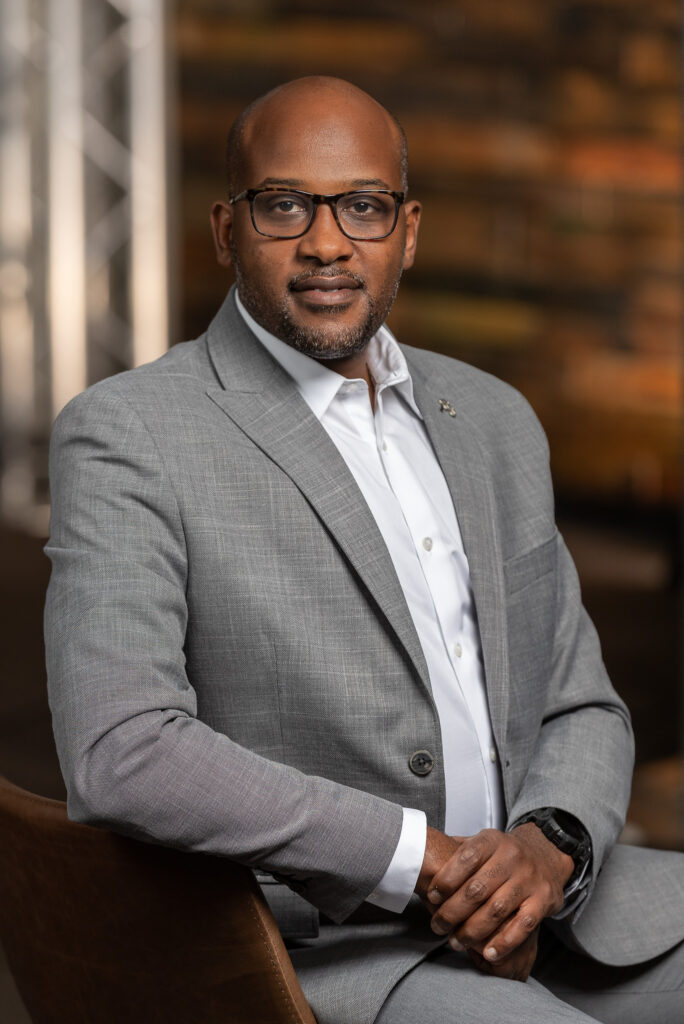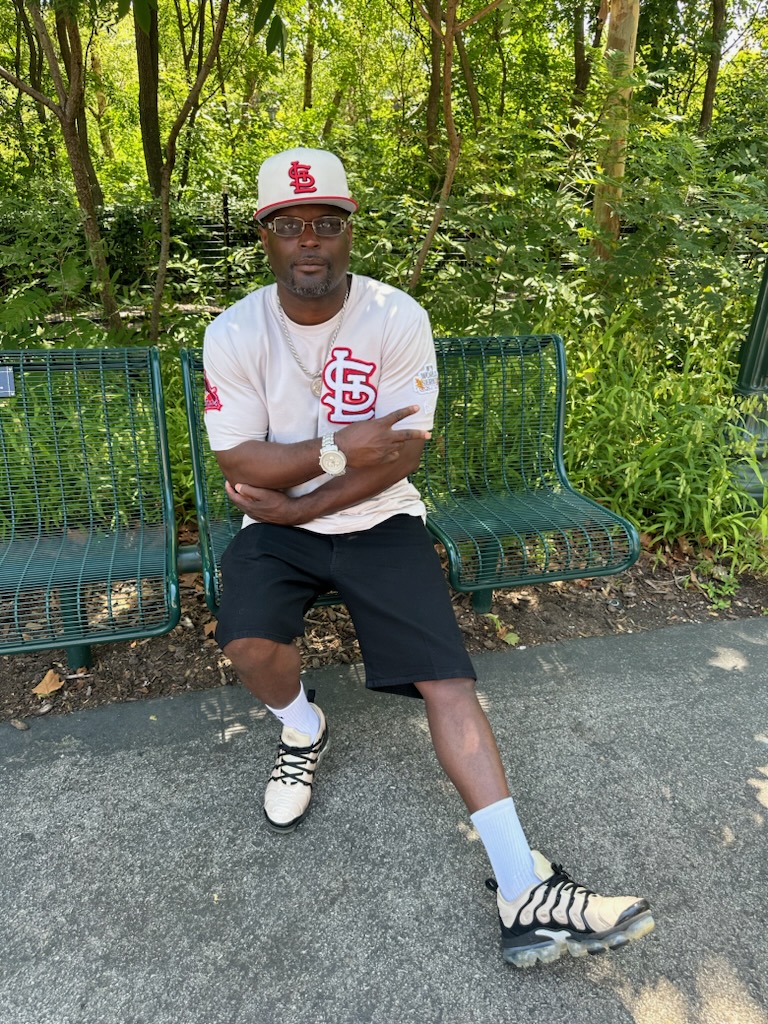
Safe, supportive, evidence informed, and accessible Early Childhood education can be the key to success for families across the country. Annie Watson (she/her) has built her career helping local communities and governments support children and their parents. Young children thrive with opportunities to learn and connect to their worlds, and parents are able to work to achieve their own goals when they know their children are safe. Our first keynote will talk about how important Early Childhood education is and how Missouri should support our families with young children. You can read more about Annie here.

Diversity, Equity, and Inclusion are cornerstone policies to begin to correct the legacy of systemic inequity, particularly in our workplaces, governments, and educational systems. Proper DEI programming recognizes the value of diversity, celebrating how the differences among us improve our communities. Taj Suleyman has worked in the private and public sectors, including for school districts and most recently for the city of Springfield, advancing diversity and pushing equity programming as the Director of Diversity, Equity, and Inclusion. He will share his experiences as a refugee immigrant and help disperse myths about DEI in our Tuesday morning keynote presentation. You can read more about Taj here.

Bobby Bostic was 16 years old when a judge sentenced him to die in prison for his involvement in a robbery. Given a sentence of 241 years, he served 27 years before the Missouri legislature passed a law inspired by his case that allowed him and others sentenced to life without parole as juveniles the possibility of release. Bobby has a unique perspective on the harmful impacts of the criminal justice system, particularly on those sentenced as juveniles. He will share his life story and insights into the criminal justice system and needed policy changes.
We have an incredible lineup of speakers for our 2023 Summit Breakout Sessions! Read a preview of our offerings below, and check back often as we add more information!
How we’ve traditionally attempted to build public safety—policing, prosecutions, and prison— doesn’t work. However, community-centered solutions are building real safety and wellness in cities across the nation by addressing the root causes of violence and healing trauma in those communities. Explore how communities are building real safety and the extraordinary impact these approaches can have.
Missouri’s earned income tax credit (EITC) and “Circuit Breaker” Property Tax Credit help Missourians with low incomes make ends meet. The Earned Income Tax Credit (EITC), a proven anti-poverty program for workers with low and moderate incomes, helps offset payroll and income taxes. The Circuit Breaker helps low-income older adults and people living with disabilities offset the cost of property taxes. Although these tax credits have the potential to help thousands of Missourians, the credits are inaccessible to many of the state’s lowest paid workers, seniors, and adults with disabilities. Missouri Budget Project will present an overview of the EITC and Circuit Breaker, suggest how the tax credits can be improved to maximize impact for Missouri households, and discuss next steps for advocacy.
Bring Missouri Back! Currently MO is suffering from the lack of investment in housing rights for MO tenants and homeowners due to being non-compliant with the Federal Fair Housing Act. This means it is harder for MO citizens to be protected against housing discrimination. Find out how we are working to bring MO back into compliance and restore our housing rights!
Learn how to use your sphere of influence to create change in your community. We’ll have interactive discussion on prevention messaging and approaches to intentional inclusion. We’ll explore ways to amplify change through community engagement.
Community land banks offer an opportunity to support low-income families in home ownership while addressing abandoned and derelict properties. When done well, these programs can work together to turn unsafe eyesores into a happy home again. In this session, you’ll learn what land banks are and how they can help address the affordable housing crisis. After an overview, we’ll also have a panel discussion with legislators who have been working on expanding land banks in Missouri.
Universally designed housing requires effort and planning to build homes that are accessible by people of all backgrounds and abilities. The UD principles can be brought to life with example designs and real-world scenarios.
Join us for a panel discussion about the collateral consequences of a criminal record. Community organizer Latrell Stanton and housing specialist Stacey Velez will explore the many ways in which a record holds people back, from employment barriers to limited housing access. We will discuss potential policy solutions to this issue, including Clean Slate, or automated expungement legislation.
As a follow-up to the keynote on early care and education, in this session, we will connect early childhood to the issues you care about most, dive deep into effective early childhood advocacy strategies, and practice creating concise and impactful messages related to early childhood. Participants will identify key early childhood issues and policy areas and learn effective advocacy strategies and messaging techniques.
Food banks have long understood and created awareness around the relationship between food insecurity and poor health outcomes and have taken steps to develop strategic partnerships and programs with healthcare providers. Join our panel of Missouri’s food banks and hear about some of the innovative ways they are bridging the gap between hunger and health (i.e. clinic-based pantries, prescription produce boxes, and prescription referrals).
The “Benefits cliff” refers to a situation in which a small increase in income leads to a significant reduction or complete loss of government benefits, which can create a disincentive for individuals to increase their income through work. This workshop will provide a clear, concise, visual representation of this extremely complex problem, using GCOs Benefits Cliff Model.
In early 2022, Legal Services of Eastern Missouri filed a lawsuit against the Department of Social Services on behalf of Missourians who rely on SNAP benefits. How did we get to this point? Where are we hoping to go from here? Join us as we dive into the history of SNAP access in Missouri and explore how advocates and attorneys can work together to solve systemic injustice.
